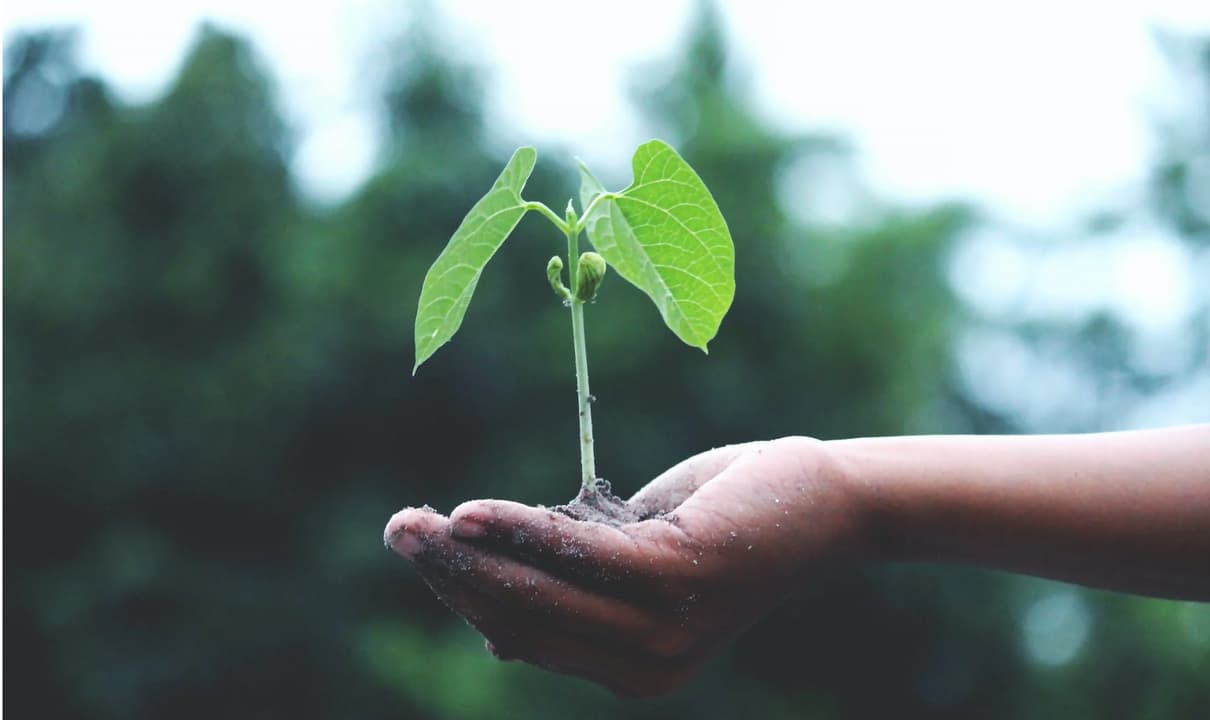
We make an impact that is sustainable, valuable and scalable
Success is sustainable growth fueled by shared advancements. As a committed entrepreneur, we want to bring harmony between economy and community, ensuring breathing space and a fruitful future for the agri business and the food industry.
Regenerative agriculture: for a more sustainable future, together with the farmers
Regenerative agriculture restores the fertility of the soil and also captures more carbon than it emits. This form of agriculture does not pollute groundwater and helps to improve biodiversity.
Through systemic changes in working methods, including more efficient use of fertilizers and focus on alternative soil preparation techniques, regenerative agriculture enables greater profitability. At the same time, soils become healthier and farms more resilient in the face of climate uncertainty.
Our sustainable wheat is grown by applying regenerative agricultural practices and using fertilizers more efficiently, leading to real impact for both the farmer and nature. To develop innovative and sustainable flour of top quality, we invest in acquiring in-depth expertise in this field.
Dossche Mills covers the risks for the farmers
Regenerative agriculture requires a short-term investment, but in the long term it improves crop quality and results in significant benefits for biodiversity and water usage.
This requires efforts from the farmer, including machines, and also entails risks. Dossche Mills has therefore set up partnerships with cooperatives to help farmers accommodate short-term investments. To actively involve farmers in the project and to cover any risks, Dossche Mills awards them a premium and they are paid based on the result and CO2 reduction. The greater the reduction, the higher the premium!
While many suppliers try to compensate for their CO2 emissions or create a sustainable image by purchasing local products, Dossche Mills is working on real emission reductions within the company's own activities. The sustainable production of wheat is the biggest lever for this.

Sustainability charter
Climate change is a shared responsibility. That's why Dossche Mills is prepared to invest by entering into long-term partnerships. It's important to invest in low-carbon flour today. In the future, this flour will become scarcer and more expensive because of the time it takes for farmers to get onboard the sustainability bandwagon and the time it takes to achieve carbon reduction from wheat.
Transparency across the wheat value chain
With sustainable flour, our customers can differentiate themselves with a leading position in the field of sustainability. Because our regenerative agricultural practices have a positive impact on biodiversity and are supported by a charter, our customers can tell their consumers a transparent farm-to-fork story. We guide farmers in deploying the best regenerative agriculture levers to produce sustainable wheat.
Dossche Mills presented the Terah Footprint Program at the Footprint Summit
At the Footprint Summit, on June 20th 2024 in Rotterdam, we happily shared our insights and ambitions. Visitors met the people that are transforming the business, from producers to professors. We talked about the challenges we are facing and the changes we are already making. From varied measures to verified impact, we shared testimonials, presentations and videos that explain our ambitions plans.